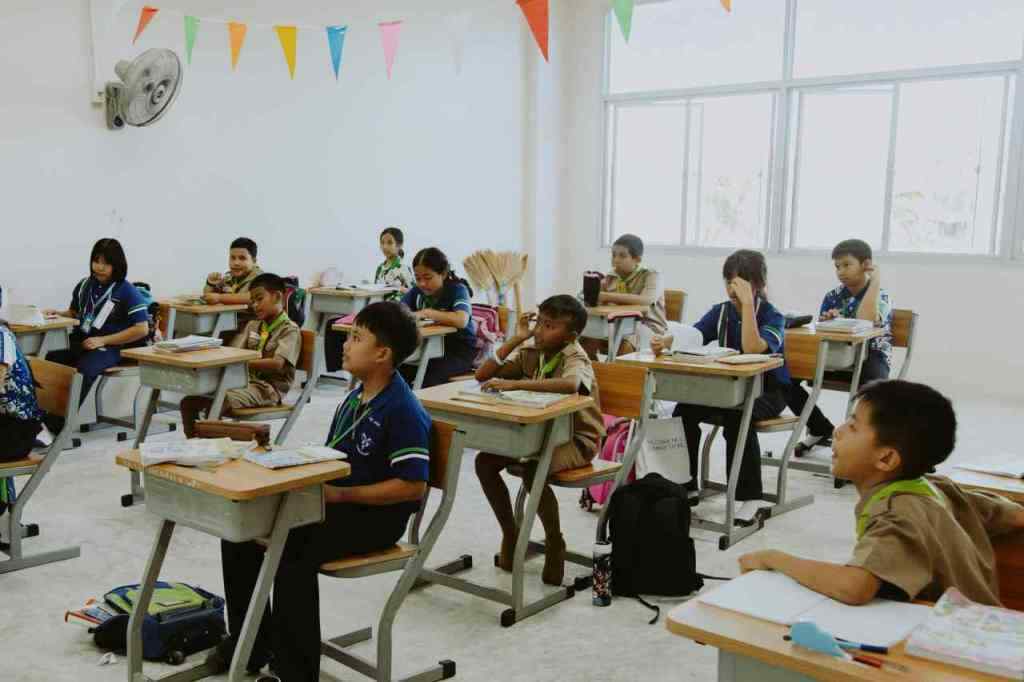OpenAI’s Vision for Advanced AI Assistants: Super-Competent Colleagues
In the realm of artificial intelligence (AI), OpenAI stands as a visionary pioneer, shaping the future of AI assistants with an ambitious goal: to create “super-competent colleagues” that possess a comprehensive understanding of our lives, far surpassing the capabilities of current AI systems like ChatGPT.
Sam Altman, OpenAI’s CEO, envisions these AI assistants as invaluable partners, seamlessly integrated into our daily routines, offering a level of support and assistance that is both comprehensive and highly personalized. They will not merely execute tasks but will possess a deep understanding of our needs, preferences, and goals, enabling them to anticipate our requirements and provide proactive assistance.
To achieve this lofty vision, OpenAI is actively developing GPT-5, the next generation of its groundbreaking language model. GPT-5 promises to be a significant leap forward, offering “materially better” performance than current AI systems. Unlike its predecessors, GPT-5 is designed to transcend the limitations of existing AI, demonstrating an unprecedented ability to perform tasks autonomously, without the need for constant human supervision or guidance.
OpenAI’s Vision for Advanced AI Assistants
V. The Future of AI in Society
As AI continues to advance, it will inevitably become an integral part of our daily lives. We can expect to see AI-powered tools and applications in every industry, from healthcare to finance to education. This will lead to increased productivity and efficiency, as well as new opportunities for innovation and growth.
However, the increasing presence of AI in our lives also raises important questions about privacy and autonomy. As AIs become more sophisticated, they will gain access to increasingly sensitive information about our lives. It is essential that we develop clear guidelines and regulations to protect our privacy and ensure that AIs are used responsibly.
Additional Details
Here are some additional details about OpenAI’s vision for advanced AI assistants:
- AIs could handle simple tasks independently, such as scheduling appointments or making reservations.
- Complex tasks would involve AI assistance and questioning. For example, an AI could help you write a report by providing research and suggesting ideas.
- AIs would not feel like a mere extension of the user. They would have their own personalities and opinions, and they would be able to learn and grow over time.
- OpenAI is developing an AI agent capable of autonomous task execution. This agent would be able to complete tasks without any human input.
- Rumors suggest that GPT-5 will be launched by mid-2024. However, Altman remains secretive about the specific release date.
- Specialized hardware devices may not be necessary to run powerful AI apps. These apps could potentially run in the cloud.
Conclusion
OpenAI’s vision for advanced AI assistants is ambitious, but it is also achievable. With the continued development of AI technology, we can expect to see AI assistants that are increasingly capable and helpful. These assistants will have a profound impact on our lives, making us more productive, creative, and connected.
However, it is important to remember that AI is a powerful tool that must be used responsibly. As we continue to develop and deploy AI technology, we must be mindful of the potential risks and take steps to mitigate them.
With careful planning and foresight, we can ensure that AI is used for good and that it benefits all of humanity.
